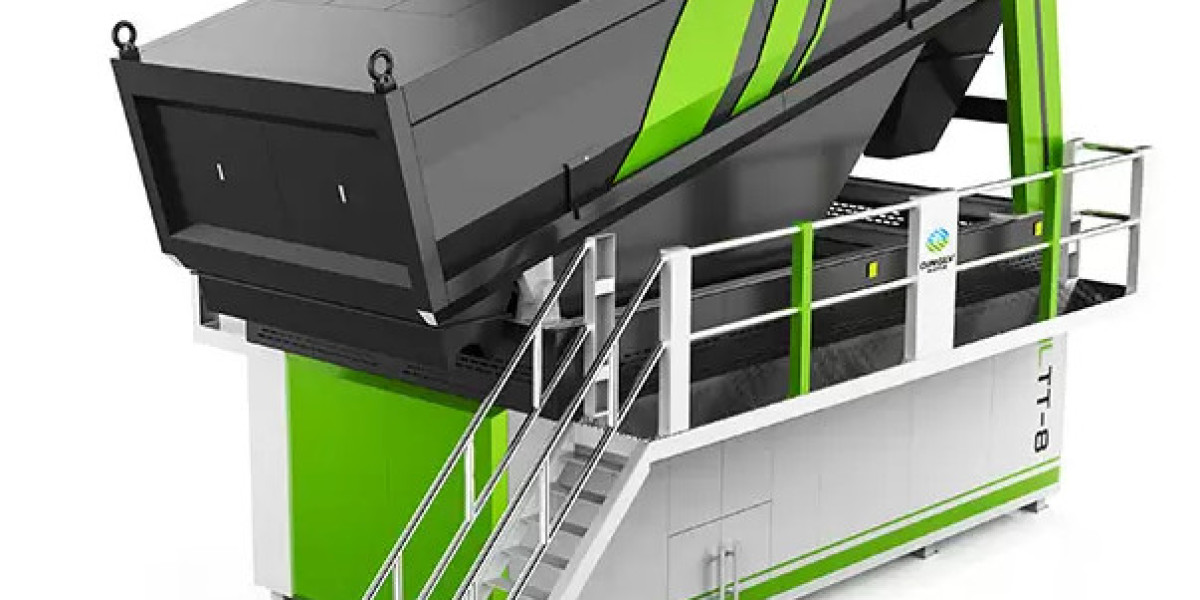As the world increasingly turns to renewable energy sources, the role of lithium batteries in energy storage has become paramount. These batteries are not only efficient but also pivotal in addressing the intermittent nature of renewable energy sources such as solar and wind. This article delves into the transformative impact of lithium batteries on energy storage and their potential to revolutionise our energy landscape.

Understanding Lithium Batteries
Lithium batteries, particularly lithium-ion batteries, are rechargeable energy storage devices that utilise lithium ions as a key component of their electrochemistry. Their lightweight nature, high energy density, and long cycle life make them ideal for a variety of applications, from consumer electronics to electric vehicles and large-scale energy storage systems.
Key Advantages of Lithium Batteries
- High Energy Density: Lithium batteries can store more energy in a smaller space compared to traditional lead-acid batteries.
- Long Cycle Life: They typically last longer, with many batteries capable of over 2,000 charge cycles.
- Fast Charging: Lithium batteries can be charged quickly, making them suitable for applications requiring rapid energy replenishment.
- Low Self-Discharge Rate: They retain their charge for longer periods when not in use.
The Role of Lithium Batteries in Renewable Energy
The integration of lithium batteries into renewable energy systems is crucial for enhancing their reliability. For instance, during periods of low sunlight or wind, these batteries can store excess energy generated during peak production times. This stored energy can then be released when demand is high, ensuring a consistent power supply.
"Lithium batteries are the backbone of modern energy storage solutions, enabling a seamless transition to renewable energy." - Energy Expert
Applications of Lithium Batteries
From electric vehicles to grid storage, the applications of lithium batteries are vast. They are increasingly being used in:
- Electric Vehicles (EVs): Lithium batteries power the majority of EVs on the market today, providing the range and efficiency needed for widespread adoption.
- Home Energy Storage: Systems like the Tesla Powerwall allow homeowners to store solar energy for use during peak hours.
- Grid Storage Solutions: Utilities are investing in large-scale lithium battery systems to stabilise the grid and manage energy supply and demand.
The Future of Lithium Batteries
As technology advances, the future of lithium batteries looks promising. Innovations such as solid-state batteries and improved recycling methods are on the horizon, potentially enhancing their performance and sustainability. Furthermore, as the demand for renewable energy continues to rise, the role of lithium batteries will only become more critical.
In conclusion, lithium batteries are not just a temporary solution; they are a vital component of our transition to a sustainable energy future. Their ability to store and deliver energy efficiently makes them indispensable in the quest for renewable energy solutions.
References








